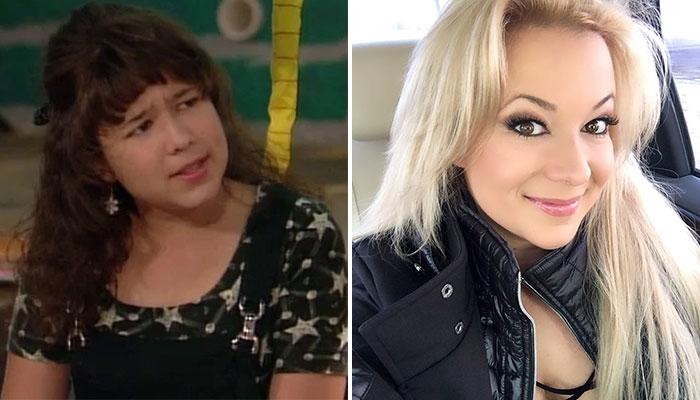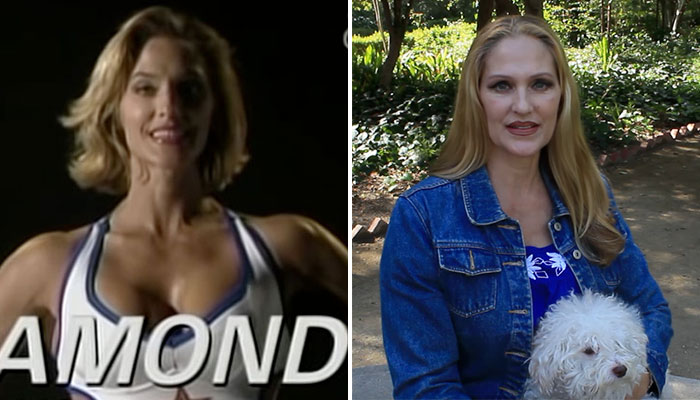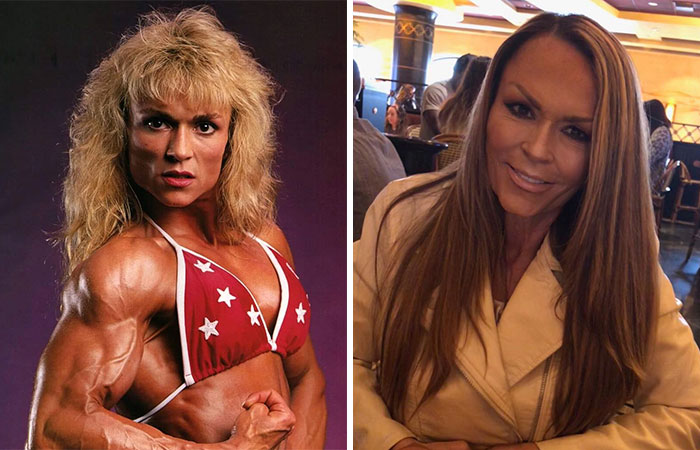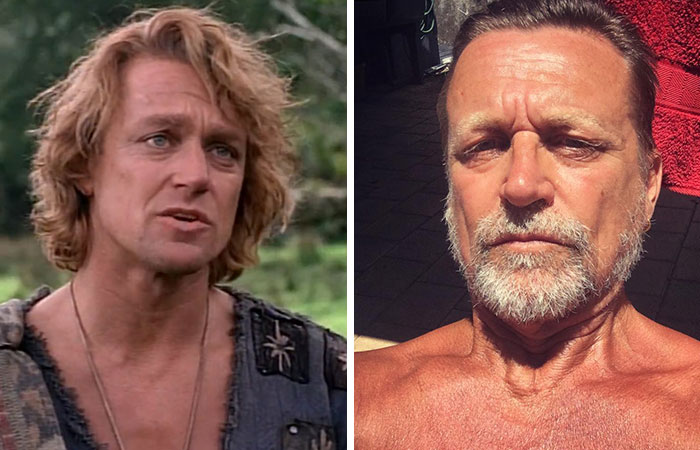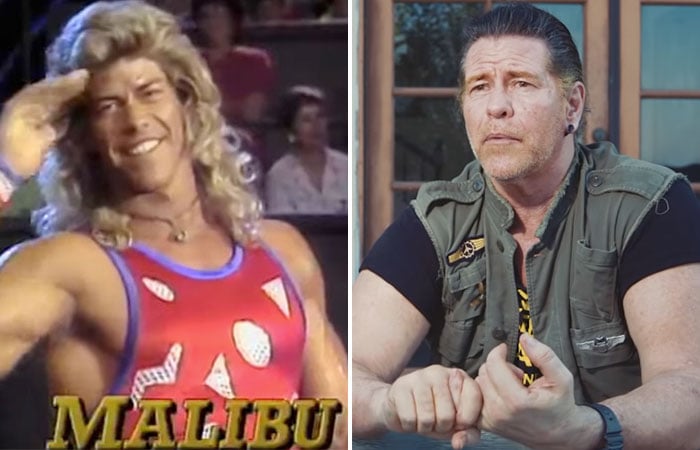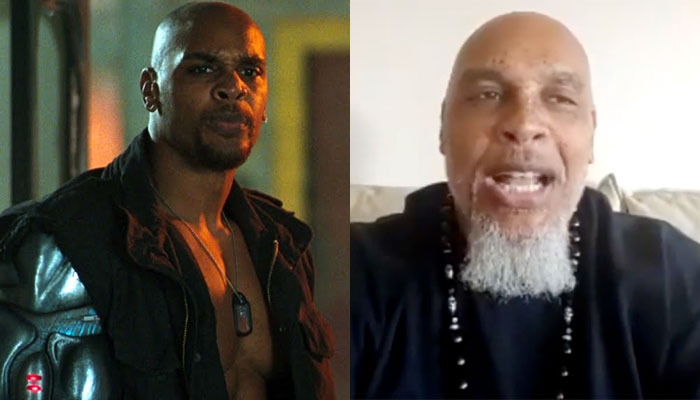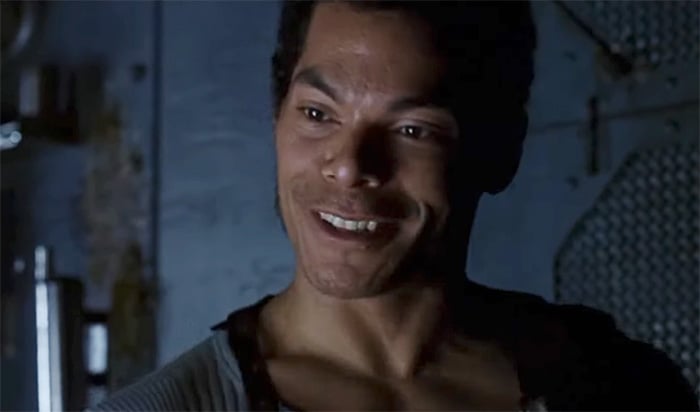
It’s hard to believe it’s been nearly 25 years since The Matrix first hit theaters and dazzled audiences with its groundbreaking special effects and storytelling.
The 1999 sci-fi action film was a massive box office hit and launched the careers of its main stars like Keanu Reeves and Carrie-Anne Moss.
But one of the standout performances in the original movie was that of Marcus Chong, who played the role of Tank, the skilled operator aboard the Nebuchadnezzar.
Chong’s charisma and rapport with the other actors made Tank a fan favorite character. However, Chong ended up not returning for the sequels for controversial reasons, making many fans wonder—what ever happened to him after The Matrix?
Background Information
Born on July 8, 1967, in Seattle, Washington. He is the adopted son of comedian Tommy Chong and his second wife Shelby Chong. Though not biologically related, Marcus grew up with Tommy’s daughter Rae Dawn Chong as a sibling.
Marcus Chong began his career as a child actor. He portrayed the young Frankie Warner in the 1979 miniseries “Roots: The Next Generations.” Chong also guest-starred in “Little House on the Prairie.”
His early roles showcased his talent, leading him to more significant parts in television and film. Notably, he played Miguel Mendez in the crime drama “Street Justice” from 1991 to 1993 and real-life activist Huey P. Newton in “Panther” in 1995.
The Matrix (1999)

In 1999, Marcus Chong’s career reached new heights when he portrayed Tank in “The Matrix.”
Directed by The Wachowskis and starring Keanu Reeves, Laurence Fishburne, and Carrie-Anne Moss, The Matrix depicted a dystopian future where humans are trapped inside a simulated reality called the Matrix.
Chong played the pivotal role of Tank, the skilled operator aboard the hovercraft Nebuchadnezzar. As one of the resistance fighters helping to free humans from the Matrix, Tank was responsible for loading training programs and guiding the crews’ missions into the simulation.
With his charismatic screen presence and rapport with the other actors, Chong’s performance as Tank became a fan favorite.
The Matrix was a massive critical and commercial hit, grossing over $460 million worldwide. Chong’s turn as Tank was considered one of the standout roles in the film, establishing him as an exciting rising actor to watch at the time.
Why He’s Not in The Matrix Sequels
However, Chong’s relationship with the creators of “The Matrix” and Warner Bros. took a tumultuous turn. In May 2003, Chong filed a lawsuit against Warner Bros. Pictures, claiming that the directors and creators of “The Matrix” breached a verbal agreement and a 2000 contract to bring back the character Tank for the sequels.
The dispute reportedly centered around Chong’s salary for the sequels. Chong wanted a higher pay than what was offered, leading to a breakdown in negotiations.
Following this, Chong was arrested for allegedly making threatening phone calls to the filmmakers. He claimed that he had been blackballed from Hollywood and blamed the creators and Warner Bros. for branding him a “terrorist.”
In a video uploaded in 2022, Marcus Chong offered his perspective of the situation.
When discussions for the sequels began, Chong’s entertainment attorneys aimed to secure him a million-dollar deal for each film, similar to what Joey Pantoliano (who played Cypher) received for the original “Matrix” film.
However, the Wachowski siblings, who directed the movies, offered him a significantly lower amount. Chong mentioned that the role written for him in the sequels was minimal and not worth the reduced pay.
On his birthday, July 8th, 2000, Chong met with the Wachowskis and demanded a million dollars for the sequels. Larry Wachowski responded that they wouldn’t pay him that amount. Chong then decided not to participate in the sequels.
Also in the video Chong, said he faced many professional challenges and mismanagement while working on The Matrix that ultimately led to his controversial departure from the sequels.
This included having to personally pay for expenses like his visa and housing during filming in Australia, enduring unprofessional on-set “gags” about his character dying, hints of drug use around him, never receiving a SAG contract or any royalties for the first film, being barred from The Matrix premiere and forcibly removed from the Warner Bros. lot during a press junket.
Chong highlighted numerous examples of mistreatment and lack of support from the producers and studio during his time working on the original film.
Career after The Matrix
After his role in The Matrix in 1999, Marcus Chong continued to work steadily as an actor, though mostly in smaller supporting roles. In the early 2000s, he appeared on episodes of popular TV shows like Law & Order: Criminal Intent, Law & Order: SVU, and Linc’s.
In 2005, Chong acted in the horror sequel The Crow: Wicked Prayer, playing the character War. Over the next several years, he worked on lesser known independent films and shorts.
His last acting credit came in 2013 for the short Son Shine.
What is Marcus Chong Doing Now?

Marcus Chong has embarked on a passionate journey to shed light on the life of the legendary French novelist Alexandre Dumas. As revealed in a recently uploaded video, Chong’s interest in Dumas was piqued back in 1995 when he learned about the racial background of D’Artagnan, a character from Dumas’ “The Three Musketeers.” This revelation led Chong on a research expedition, diving deep into the life and works of Dumas.
Fast forward to recent years, Chong has taken significant steps to bring Dumas’ story to the forefront. He wrote an audiobook that delves into the life and legacy of Alexandre Dumas. Notably, Chong single-handedly produced, directed, narrated, and voiced the entire audiobook, showcasing his dedication to the project. This audiobook was released on Audible, and Chong later published a hardback version in 2022, which he has entered for the prestigious Pulitzer Prize.
But Chong’s vision doesn’t stop at the audiobook. He is enthusiastic about translating this project into a visual medium. He expressed his eagerness to begin shooting aspects of Dumas’ life, with the intention of portraying the novelist himself. Through this endeavor, Chong aims to bring the incredible story of Alexandre Dumas, a person of color who made significant contributions to world literature, to a broader audience.
His mission is not just to narrate a biography but to inspire appreciation for literature, reading, and writing, and to highlight the beauty of language that Dumas so masterfully crafted in his works.
Conclusion:



